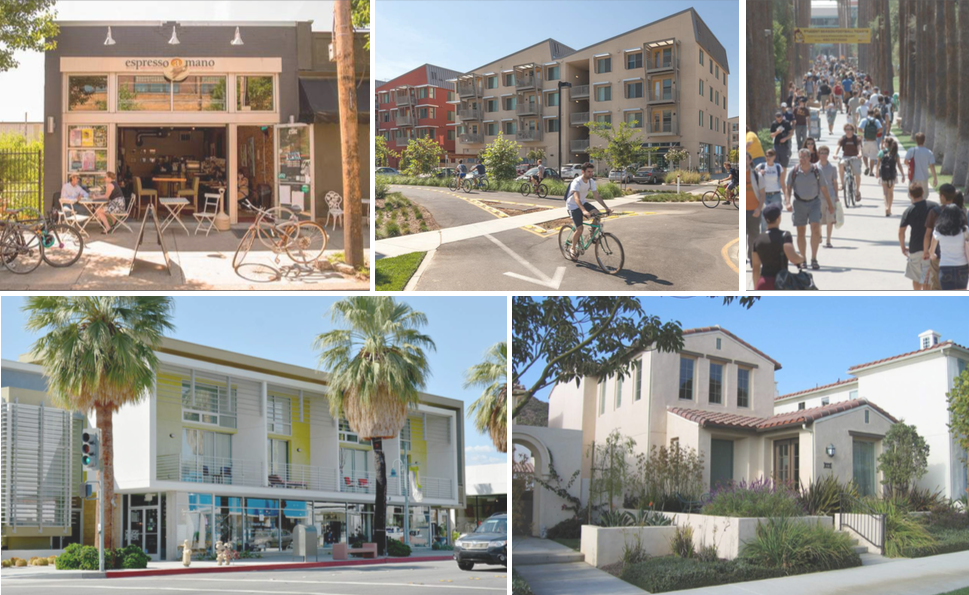
What is smart growth?
Smart growth is an approach to community design that connects housing, transportation, and land use to create healthy, prosperous, and resilient neighborhoods.

About us
Smart Growth America cultivates vibrant, sustainable communities with diverse living and transportation options, enhancing quality of life for all.

Our work
Smart Growth America cultivates vibrant, sustainable communities with diverse living and transportation options, enhancing quality of life for all.

Impact
Smart Growth America cultivates vibrant, sustainable communities with diverse living and transportation options, enhancing quality of life for all.

Events
Throughout the year, we host a number of in-person and virtual events covering topics related to public health, social equity, and climate resilience.


News
By Smart Growth America, March 25, 2019
 Form-Based Codes Institute, a program of Smart Growth America, highlights a great form-based code (or codes) each year with the Richard H. Driehaus Form-Based Code Award: to show what’s possible with good zoning, provide examples for other communities looking to change, and highlight communities pushing the envelope with innovative practices.
Form-Based Codes Institute, a program of Smart Growth America, highlights a great form-based code (or codes) each year with the Richard H. Driehaus Form-Based Code Award: to show what’s possible with good zoning, provide examples for other communities looking to change, and highlight communities pushing the envelope with innovative practices.
But we could use your help identifying top-notch codes. If you know of a form-based code that is promoting great development and accessible streets, nominate it for the 11th annual Driehaus Award.
New, established, domestic, and even international zoning codes are all eligible; nominations are due by 5 p.m. ET on April 12.
Why form-based codes?
Zoning has shaped communities across America. Conventional zoning is based on separating different kinds of uses—like residential, commercial, or heavy industry—making it more difficult for people to walk, bike, or ride public transit between key destinations. And such zoning doesn’t typically address street standards or building placement, which can result in some pretty inhospitable places for people. Often these codes have been around for decades with few (if any) changes based on what we’ve learned about building great places.
Form-based zoning codes have emerged as an alternative to conventional codes with the potential to create a comfortable, accessible public realm by focusing on the scale and placement of buildings and the design of streets and public spaces. Creating a form-based code also involves extensive community engagement, ensuring that the public’s vision for the community is reflected in the code.
For more on form-based codes and their impact on communities, see this explainer.
Related News
Upcoming public events: Join us!


Subscribe to our newsletter
© 2025 Smart Growth America. All rights reserved
Site By3Lane Marketing

